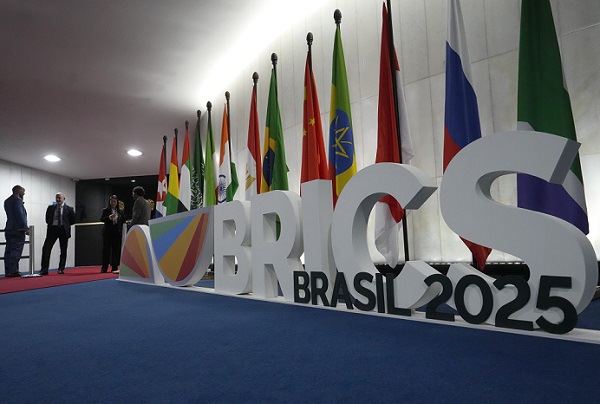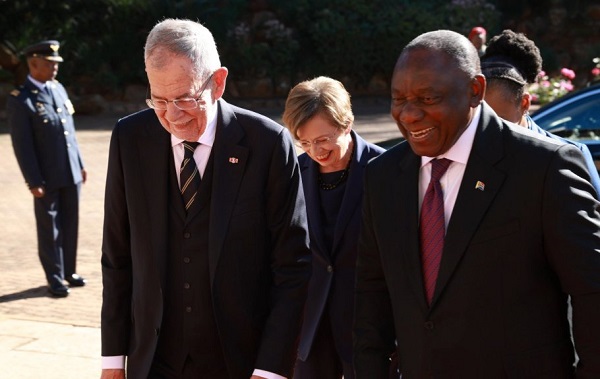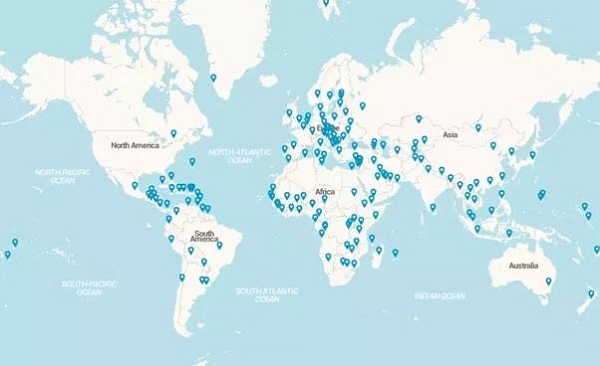by AKANI CHAUKE
JOHANNESBURG – THE 17th Brazil, Russia, India, China, and South Africa (BRICS) Summit kicks off in the city of Rio de Janeiro today (Monday) as the world grapples with geopolitical tensions.
The Brazilian city is hosting the two-day conference under the theme, “Strengthening Global South Cooperation for More Inclusive and Sustainable Governance.”
It is the first time the annual summit is held with the BRICS now an extended bloc that includes Egypt, Ethiopia, Indonesia, Iran, Saudi Arabia and the United Arab Emirates (UAE).
The Brazilian Presidency focuses on the Global South Cooperation BRICS Partnerships for Social, Economic and Environmental Development.
The South American country also recommends focus on Artificial intelligence (AI) governance, climate change, global health cooperation, institutional development, multilateral peace and trade.
President Cyril Ramaphosa of South Africa arrived on Saturday.
“For South Africa, these deliberations will enhance our efforts to further diversify trade and enhance resilience, growth and development,” he said.
He disclosed the summit would explore synergies between BRICS, Conference of the Parties (COP30) and Group of Twenty (G20) outcomes, including in global governance of AI and prioritising climate finance that is just, accessible and transformational.
Ramaphosa said BRICS leaders would continue advocating for the reform of global governance systems to be more inclusive and representative of contemporary realities.
“This includes the goal of countries of the South for more meaningful participation of the global South in global decision-making processes and structures, including in the United Nations Security Council,” Ramaphosa stated.
President Bola Tinubu of Nigeria is also in Brazil.
Nigeria is a partner country of BRICS, alongside Belarus, Bolivia, Cuba, Kazakhstan, Malaysia, Thailand, Uganda and Uzbekistan.
Tinubu held a pre-summit bilateral meeting with Brazilian counterpart, Luiz Inácio Lula da Silva.
They agreed to deepen collaboration in agriculture, technology, oil & gas, energy, trade, mining and extractive industries and industrial development.
“As two of the largest democracies in the Global South, we share a responsibility to lead with vision, courage, and fairness to shape a more balanced, equitable, and dignified global future,” Tinubu said.
Nigeria is Africa’s biggest nation by population and South Africa its largest by gross domestic product (GDP).
– CAJ News




